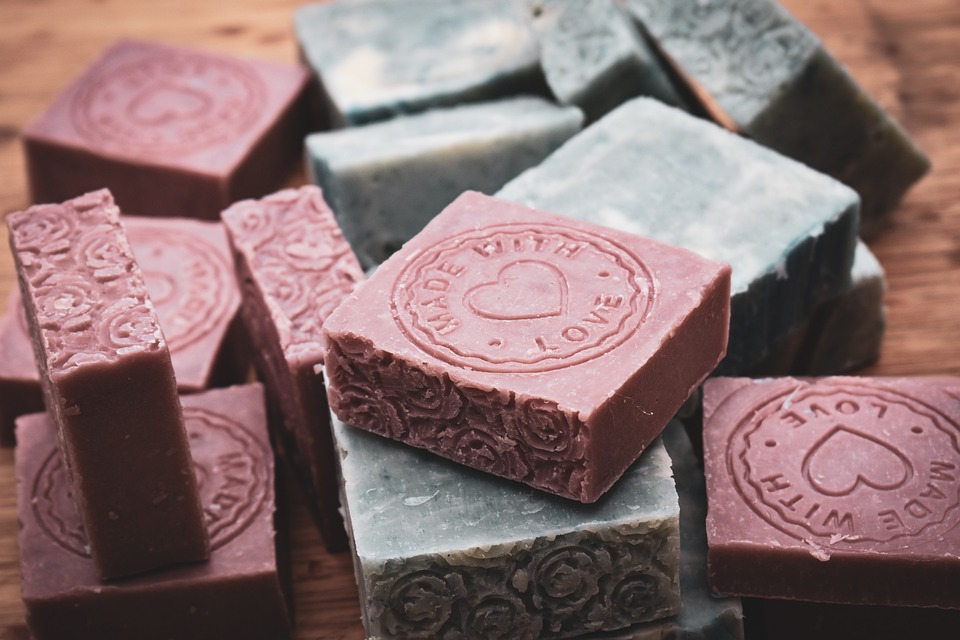When it comes to our furry friends, proper nutrition and diet are essential for their overall health and well-being. Just like us, pets need a balanced diet to thrive and live a long, healthy life. With so many pet food options available on the market, it can be overwhelming to know what is best for your pet. That’s why we have created the ultimate guide to proper pet nutrition and diet.
1. Consult with your veterinarian: Before making any changes to your pet’s diet, it’s important to consult with your veterinarian. They can provide valuable guidance and make recommendations based on your pet’s specific needs, age, breed, and health conditions.
2. Choose high-quality pet food: Look for pet foods that are made with high-quality, whole ingredients. Avoid foods that contain fillers, artificial colors, flavors, and preservatives. Consider opting for premium brands that use real meat as the main ingredient.
3. Consider your pet’s age and activity level: Just like humans, pets have different nutritional needs depending on their age and activity level. Puppies and kittens require food that is higher in calories and nutrients to support their growth, while senior pets may need a diet that is lower in calories and easy to digest.
4. Read the labels: When choosing pet food, make sure to read the labels carefully. Look for key nutrients such as protein, carbohydrates, fats, vitamins, and minerals. Make sure the food meets the Association of American Feed Control Officials (AAFCO) guidelines.
5. Avoid table scraps and human food: While it may be tempting to share your leftovers with your pet, most human foods are not suitable for pets and can be harmful to their health. Avoid feeding your pet table scraps, and stick to a complete and balanced pet food diet.
6. Offer a variety of foods: Just like humans, pets can get bored with the same food every day. Offer a variety of food options such as wet food, dry food, and treats to keep your pet interested in mealtime.
7. Monitor your pet’s weight: It’s important to monitor your pet’s weight regularly to ensure they are maintaining a healthy body condition. If your pet is overweight or underweight, consult with your veterinarian to adjust their diet accordingly.
By following these tips and guidelines, you can help ensure that your pet receives the proper nutrition they need to live a long, healthy life. Remember, every pet is unique, so it’s important to tailor their diet to their individual needs. With the right nutrition and diet, your furry friend will thrive and enjoy a happy, healthy life by your side.

